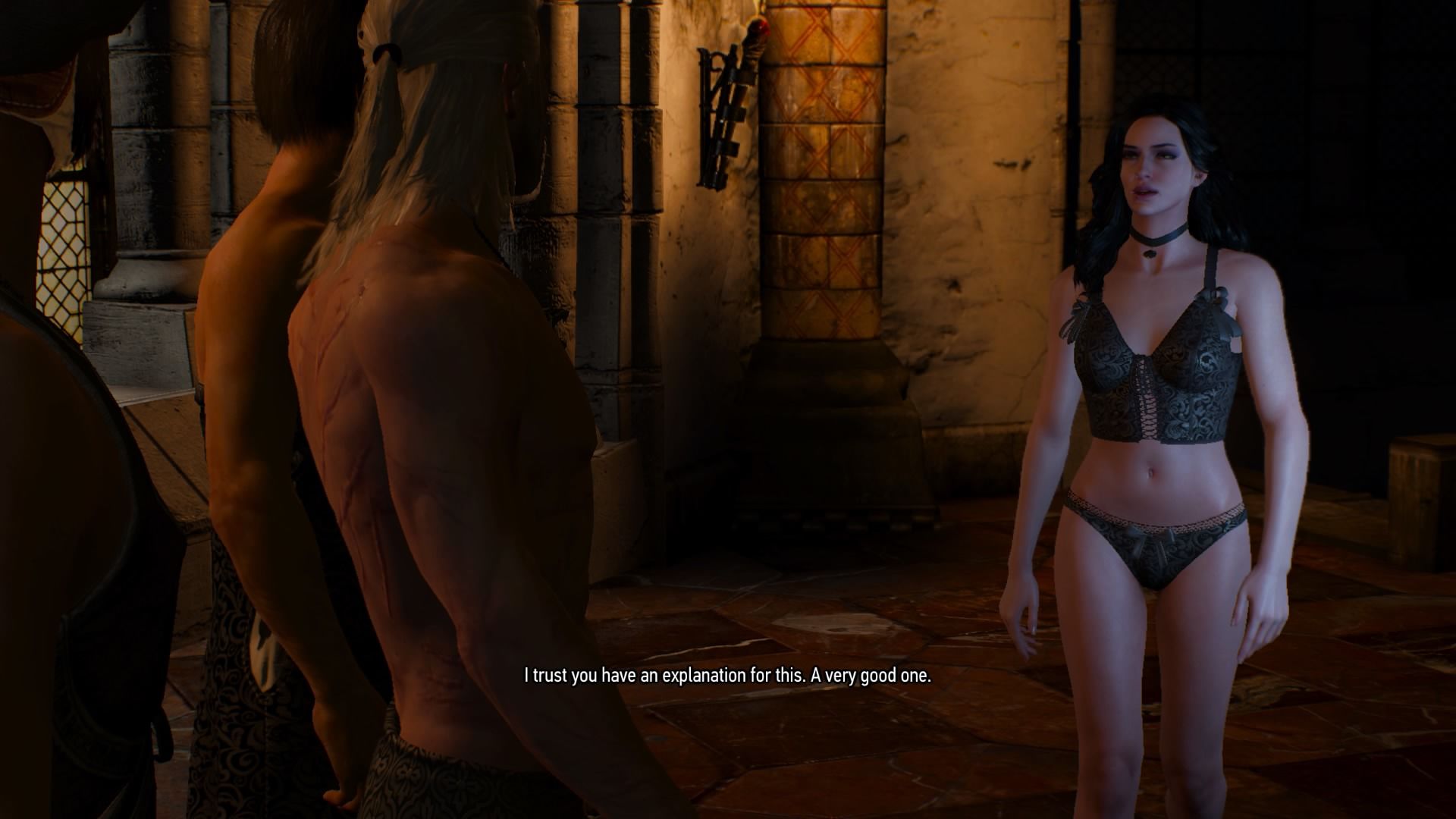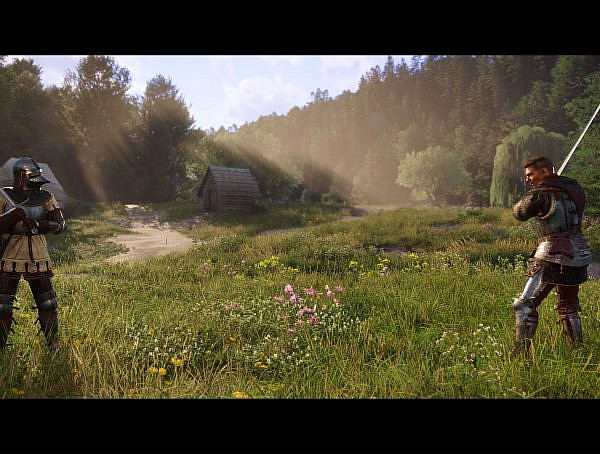Non-monogamy in various forms is becoming increasingly visible in the society and media of today, but what is non-monogamy representation like in video games?
In their article “’Why do I have to make a choice? Maybe the three of us could, uh…’: Non-Monogamy in Videogame Narratives” Meghan Blythe Adams and Nathan Rambukkana explore video game non-monogamy and how it is presented in the narratives of two mainstream games. They address two main questions: first, whether representations of non-monogamy in game narratives challenge normative heterosexual and monogamous tropes or conform to them, and second, how challenging these tropes might allow for narratives and game dynamics to develop in new and more complex directions.
The authors explain that non-monogamy is not only represented, but also fostered by modern digital culture: things such as different dating apps, podcasts and other media dealing with non-monogamy, as well as online communities and other outlets.
Adams and Rambukkana point out that popular discussion of non-monogamy in games is mostly limited to the concept of using game avatars to cheat on real-life relationships. They see this as an act of breaking games’ social and hard-coded rules, but still remaining within the rules of monogamously normative play instead of properly challenging it. Mononormative hetero relationships have deep roots in games, and mainstream video game non-monogamy is a more recent development, resulting from game narratives and cultures growing more complex. The authors note that while non-monogamy representation is increasing, consensual non-monogamy in video games is still rare.
While a great deal of non-monogamous representation can be found in queer indie and alternative games, Adams and Rambukkana address here large-studio, big-budget “AAA” games due to their larger reach and wider appeal. They focus on two game series: Mass Effect and The Witcher.
The player has multiple romantic options in Mass Effect but can only commit to one of them at a time. No real negotiation of a prior relationship’s boundaries and potential non-monogamy is possible – attempts at this lead to abandoning the other relationship altogether or cheating. Adams and Rambukkana note that the game does feature an alien romantic interest who doesn’t seem to be against the prospect of a non-monogamous relationship (when the player pursues a simultaneous relationship with another character) but is concerned about the human feelings of jealousy on the side of the other potential partner. The human partner, however, ends the potential relationship before anything can develop, and the game’s status quo of mononormativity is not challenged.
Mass Effect frames jealousy as something that cannot be present if one aims to establish a non-monogamous relationship, while also viewing strong jealousy as a sign of maturity. The authors contrast this thinking with that of most literature on consensual non-monogamy, which instead views jealousy as a natural reaction that needs to be addressed and discussed proactively.
Adams and Rambukkana continue by detailing that the relationships in The Witcher games, on the other hand, share the romantic monogamy of Mass Effect but differ in that they allow for sexual non-monogamy. Despite this, sexual non-monogamy in the series is less of a non-monogamous statement and more of a replay incentive – in the first The Witcher game, sex is used as a part of a collectible card system for increasing replay value. This is done by limiting some sexual encounters to different play-throughs.
The Witcher series enforces romantic monogamy in various ways. These include decisions that favor one romantic interest and alienate another, as well as narrative framing that emphasizes a romantic interest’s desire for romantic exclusivity. The authors also discuss a scene in the third game of the series, where the game implies the possibility of a romantically non-monogamous relationship, but then punishes the player for attempting to transgress monogamous norms. Continuing to pursue a romantically non-monogamous relationship after this leads to being left alone without any sort of relationship.
In conclusion, Adams and Rambukkana stress that both games show that monogamy is largely the standard in mainstream games, and that it is seen as the only possible romantic option. The Witcher is more lenient with sexual non-monogamy, but it also punishes attempted consensual romantic non-monogamy more severely than Mass Effect. The authors also argue that while excluding non-monogamy may raise replay value in games, including it might increase it even more: non-monogamy in games could facilitate more varied relationship configurations, which would lead to more diverse and realistic narrative conflicts and drama. Adams and Rambukkana end the article by noting that with the exception of indie and alternative titles, non-monogamy representation in mainstream games still seems to be mostly mononormative.
Original article: “Why do I have to make a choice? Maybe the three of us could, uh…”: Non-Monogamy in Videogame Narratives
Authors and institutions: Meghan Blythe Adams, University of Western Ontario; Nathan Rambukkana, Wilfrid Laurier University
Publication: Game Studies, Volume 18, Issue 2
Published: September 2018
Online: http://gamestudies.org/1802/articles/adams_rambukkana
All images © MobyGames™, Blue Flame Labs.
You might also like
More from Game Research Highlights
How do you want to do this? – A look into the therapeutic uses of role-playing games
Can playing RPGs contribute positively to your wellbeing? A recent study aims to find out how RPGs are being used …
Eldritch horrors and tentacles – Defining what “Lovecraftian” is in games
H.P. Lovecrafts legacy lives today in the shared world of Cthulhu Mythos and its iconic monsters. Prema Arasu defines the …
Are Souls Games the Contemporary Myths?
Dom Ford’s Approaching FromSoftware’s Souls Games as Myth reveals the Souls series as a modern mythology where gods fall, desires …
















